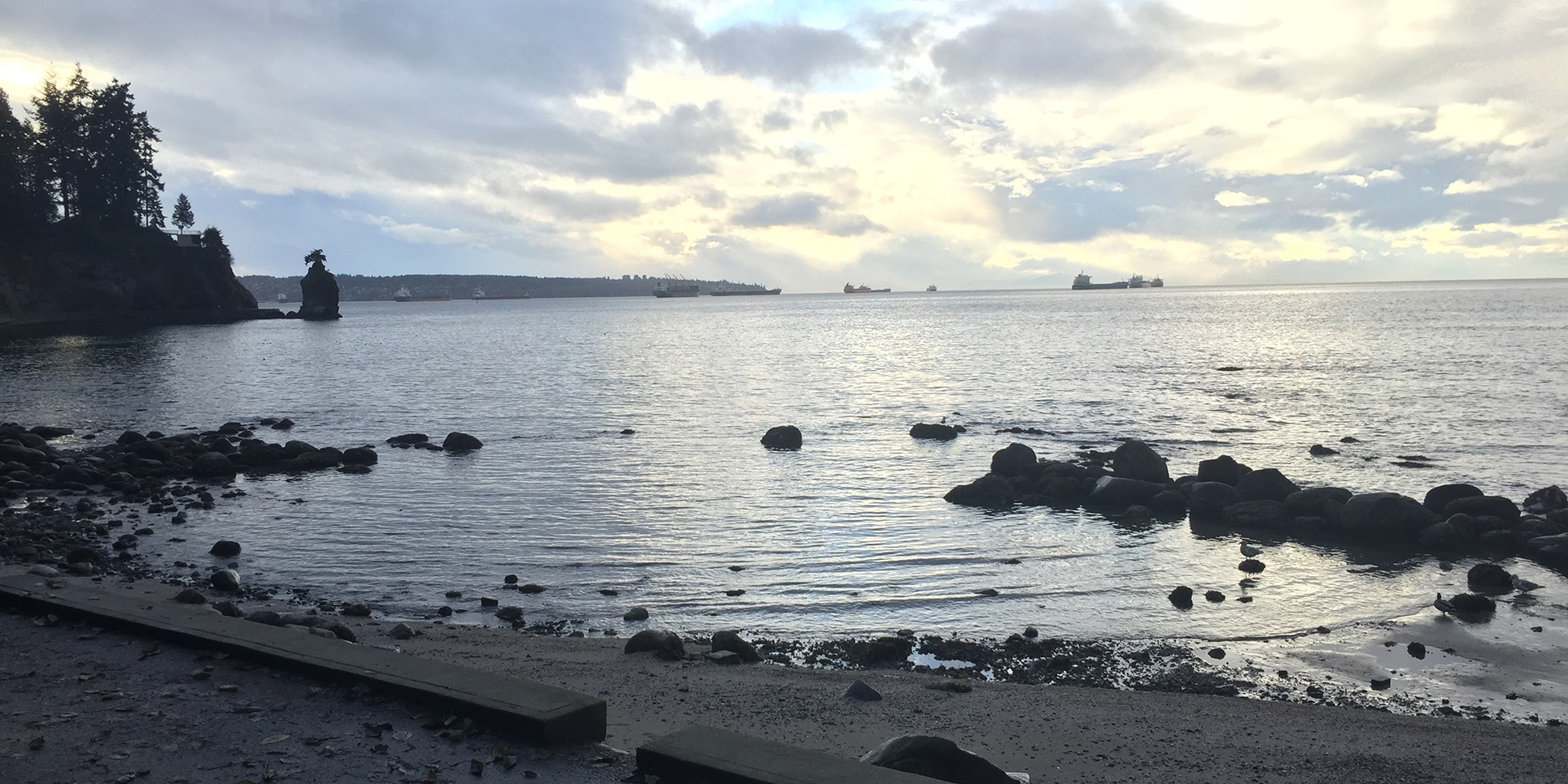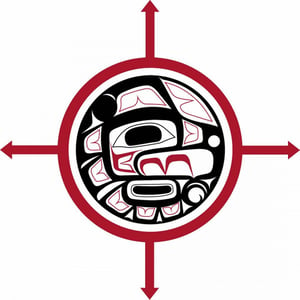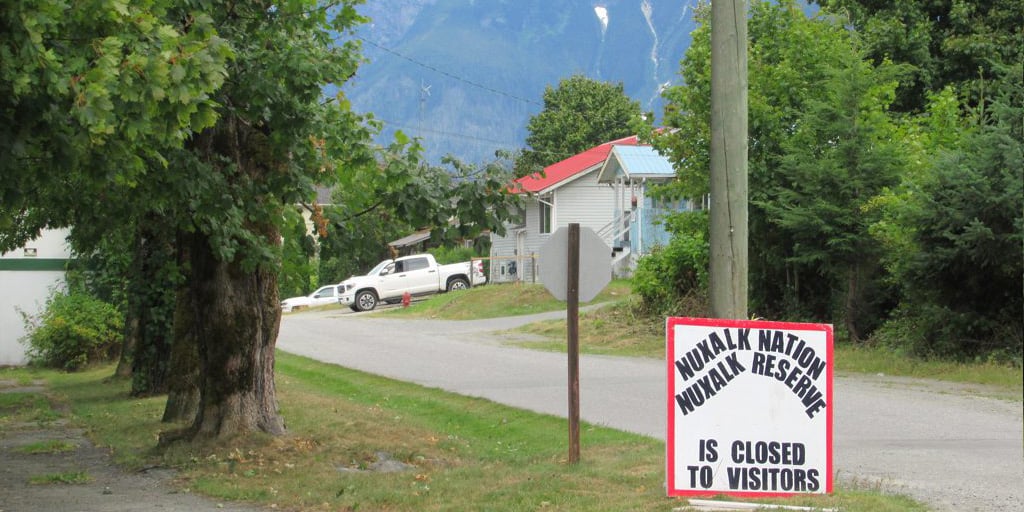What Does Indigenous Awareness Mean?
Indigenous awareness is a broad term – I know because my onsite and public workshops are dedicated to helping people understand the full extent of...

 Honourable Bernard Valcourt
Honourable Bernard Valcourt
Minister, Aboriginal Affairs and Northern Development Canada
Les Terrasses de la Chaudière, North Tower
10 Wellington Street, Room 2100
Gatineau, Quebec, K1A 0H4
Via facsimile: (819) 953-4941
OPEN LETTER: Union of BC Indian Chiefs’ Mandate, Membership and Concerns
Dear Minister Valcourt:
Thank you for meeting with the First Nations Leadership Council (FNLC) on April 12, 2013, on Coast Salish territory in Vancouver, B.C. At the meeting, it appeared that you were not aware of the Union of BC Indian Chief’s long history, mandate and large active membership in BC, and we are pleased to provide you with a greater depth of information, and advise you of our concerns with the April 12 meeting.
We remind you that Aboriginal Title has never been extinguished in British Columbia. The majority of the Indigenous Nations who are members of the Union of BC Indian Chiefs (UBCIC) have chosen not to negotiate modern treaty agreements with Canadian governments under the British Columbia Treaty Process, largely because of deficiencies in the federal Comprehensive Claims Policy, reflecting a denial of Aboriginal Title and a surrender and grant-back process. To this end, UBCIC strongly advocates a broad and inclusive approach with respect to any efforts by Canada to discuss questions pertaining to our Aboriginal Title. Canada has an obligation to negotiate fairly and in good faith with Indigenous Nations, including those Indigenous Nations who have remained outside of the BC Treaty Process. We absolutely expect that our membership and our organization receive the same attention and consideration you pay to those involved in the BC Treaty Process, and were deeply disappointed to learn that you had met with our colleagues at the First Nations Summit and BC Assembly of First Nations, yet had not considered that you should equally meet with UBCIC. Although we do not subscribe to separate meetings where there are any issues of common concern, we remind you that UBCIC uniquely represents the views of approximately 103 First Nations, and must be included in any considerations or visits your department has in interactions with First Nations in British Columbia.
By way of background, UBCIC is a non-profit, political advocacy organization working in the area of Indigenous Rights. We are a member-driven organization, and represent more than half of the First Nations in the province. Since 1969, we have engaged in advocacy on a range of issues, and have a clear mandate to “work towards the implementation, exercise and recognition of our inherent Title, Rights and Treaty Rights and to protect of our Lands and Waters, through the exercise and implementation of our own laws and jurisdiction.” Our members meet quarterly and provide strong direction for the organization through resolutions. The UBCIC upholds the principles and standards articulated in the United Nations Declaration on the Rights of Indigenous Peoples (UNDRIP) for the establishment and maintenance of a universal framework of minimum standards for the survival, dignity, well-being and rights of Indigenous Peoples.
First Nations in British Columbia face a wide array of deeply rooted, systemic and intersecting problems that we must work together to address, if we are to make any real progress. We note the increase in violence against Aboriginal women and girls, and the increase of violence in general, as well as the lack of housing, and widespread poverty, and the continuing indifference on the parts of many Governments. Despite the overwhelming challenges First Nations face, the Crown-First Nations Gathering in January 2012 provided a measure of hope, and we left with the sense that things were going to change. Unfortunately, the challenges First Nations face today remain the same, and are worse in some instances as Canada continues its aggressive pattern of unilateral legislation (particularly the Jobs, Growth and Long-Term Prosperity Act (formerly Bill C-38) and the Jobs and Growth Act 2012 (formerly Bill C-45)), increased monitoring of our activities, and increased reductions to funding.
In this sense, the follow-up to the Crown-First Nations Gathering has been extremely disappointing, given that it took place more than a year ago. There is no tangible change so far with respect to the immediate steps for action that were agreed to, aside from extremely preliminary steps. Further, the Progress Report that was independently released by AANDC on January 24, 2013, includes items that we do not consider to be progress. For example, under the commitment to “Advancing Claims Resolution and Treaty Implementation,” you listed the Government of Canada’s move towards a “results-based approach” to its participation in treaty and self-government negotiations, even though it was unilaterally imposed by Canada, and widely protested by First Nations including the UBCIC through Resolution 2012-54.
We were surprised to see your press release immediately following our meeting on April 12, and were particularly taken aback that it was titled “Harper Government and First Nations Make Progress on Comprehensive Claims.” A brief, preliminary ‘meet-and-greet session’ does not constitute progress, and your haste to issue it without any notice to UBCIC at all, given that the Parties at the table were all equal, signifies a step backward more so than any progress. By Resolution 2013-09, UBCIC supports the AFN Consensus Document and the Eight Points for Action contained therein. With respect to reforming the Comprehensive Claims Policy, UBCIC has been working on this issue for decades, calling for the resolution of the Land Question, based on recognition and respect for our Aboriginal Title and Rights. While we are cautiously optimistic with the Government of Canada’s current commitment to review and revise the Comprehensive Claims Policy, we are understandably wary, given that it has not been updated since 1993. UBCIC supports the national Comprehensive Claims Policy Working Group, and Grand Chief Stewart Phillip has been an active participant since inception. As discussed at the meeting on April 12, we must work out how the Comprehensive Claims Policy Working Group will relate to the planned Senior Oversight Committee, and we suggest that this be jointly determined with the Working Group and included in the Terms of Reference for the Senior Oversight Committee.
We also take this opportunity to express our extreme disappointment with the recent surprise, unilateral appointment by Canada of a Special Representative on West Coast Energy Infrastructure. We understand that Special Representative Douglas Eyford is intended “to engage with Aboriginal communities…that could benefit from future energy infrastructure development.” We are completely unclear as to how the Special Representative’s report is intended to relate to the Crown’s legal obligations on any project, and stress that it is up to a First Nation to determine what development occurs on their territory, despite the Government of Canada’s preferences. UBCIC affirms Indigenous rights to own, use, develop and control our lands, waters and resources, according to our own laws, and the requirement of states to give legal recognition and protection to these rights.
In closing, we are hopeful that you will break the Government of Canada’s patterns of failing to meaningfully consult with First Nations; failing to provide notice; and unilaterally imposing the Government’s own agenda. Given the importance of the issues outlined in this letter, we look forward to your timely response, and to further discussions in person.
On behalf of the UNION OF BC INDIAN CHIEFS
Grand Chief Stewart Phillip
President
Chief Robert Chamberlin
Vice-President
Councillor Marilyn Baptiste
Secretary-Treasurer
CC:
Eric Magnusson, RDG, Aboriginal Affairs and Northern Development Canada
Assembly of First Nations
BC Assembly of First Nations
First Nations Summit
UBCIC Chiefs Council
Comprehensive Claims Working Group
Federal Members of Parliament
British Columbia Members of the Legislative Assembly
Featured photo: Richard Eriksson, Flickr

Indigenous awareness is a broad term – I know because my onsite and public workshops are dedicated to helping people understand the full extent of...

Education is considered a human right in Canada. Yet, while Canada has one of the world's highest levels of educational attainment, the graduation...

Did you know that adequate housing was recognized in the 1948 Universal Declaration of Human Rights? Did you know almost one in six Indigenous people...